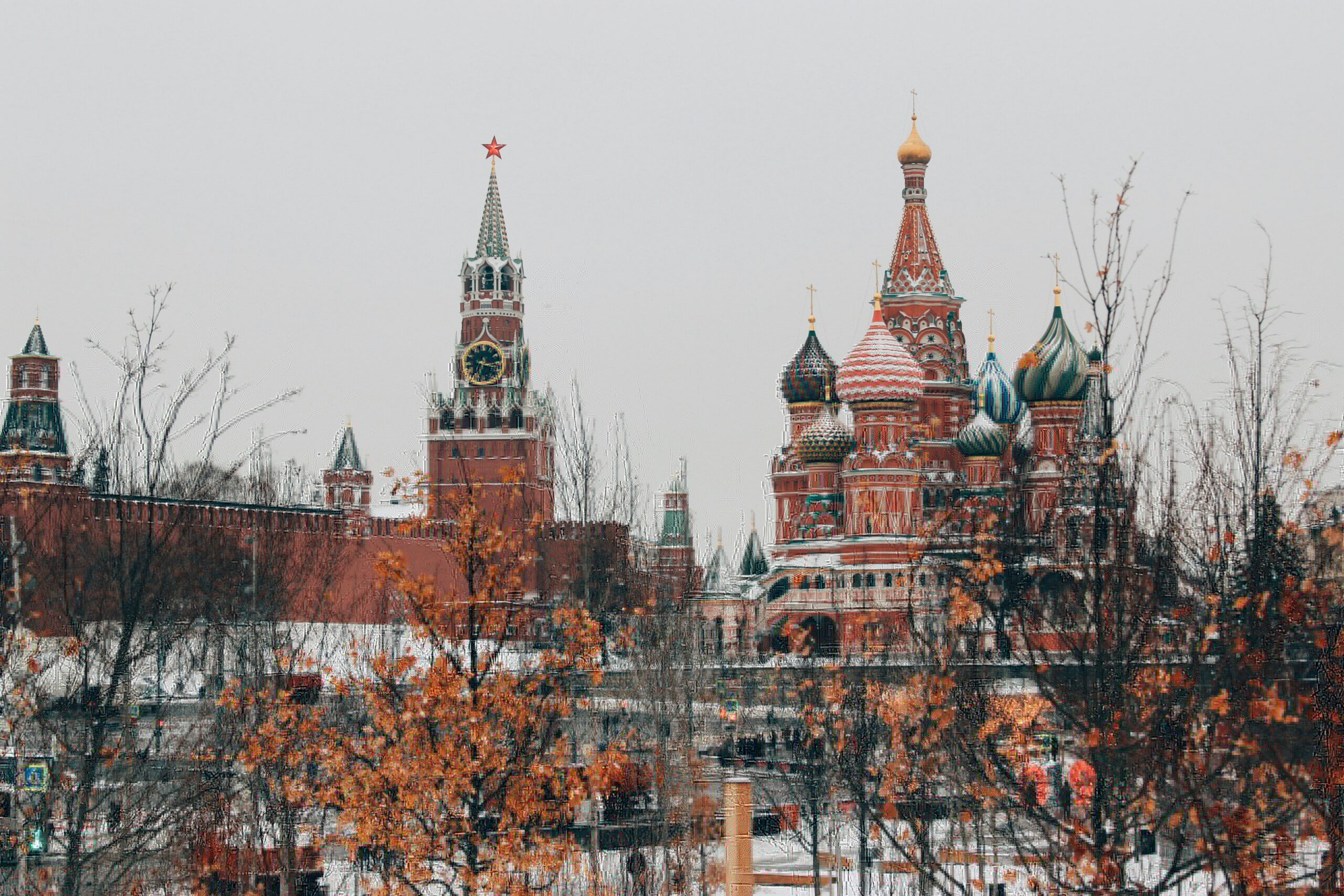Syria’s President Bashar al-Assad and his family have arrived in Russia, where they have been granted asylum by the Russian authorities, according to Russian news agencies on Sunday. The move marks a significant development in Syria’s prolonged conflict and international relations.
Asylum Granted on Humanitarian Grounds
The Interfax news agency, citing an unnamed Kremlin source, reported: “President Assad of Syria has arrived in Moscow. Russia has granted them (him and his family) asylum on humanitarian grounds.” While specific details of the asylum arrangement remain undisclosed, the source emphasized that the decision was made in light of humanitarian considerations.
Significance of the Asylum Decision
The granting of asylum to Assad reflects Russia’s continued support for the embattled Syrian leader. Russia has been a key ally of Assad throughout Syria’s civil war, providing military, economic, and political backing to his government. This development comes amid reports of escalating violence in Syria and growing international pressure on Assad’s regime over alleged human rights violations.

Implications for Syria and the Region
Assad’s departure to Russia may signal a shift in Syria’s political landscape. Analysts suggest that this could either pave the way for a negotiated political settlement in Syria or exacerbate tensions among the country’s fragmented opposition groups. Additionally, the move raises questions about Russia’s broader strategy in the Middle East and its commitment to maintaining influence in the region.
Reactions from the International Community
The international response to Assad’s asylum in Russia is likely to be mixed. Western governments, which have repeatedly called for Assad to step down, may view this as a retreat and a potential opportunity to advance peace talks. Meanwhile, Assad’s supporters within Syria and allied states like Iran may see this as a tactical move to preserve his safety while maintaining influence over Syrian affairs.
What’s Next for Assad?
It remains unclear what role, if any, Assad will play in Syria’s future governance from exile. His presence in Moscow could enable him to continue influencing the country’s trajectory indirectly, with Russia acting as a mediator. Alternatively, it could mark the beginning of a reduced political role as international actors push for new leadership in Syria.
The Bottom Line
Bashar al-Assad’s arrival in Russia and the granting of asylum is a pivotal moment in Syria’s decade-long conflict. While the immediate humanitarian grounds for this decision are clear, its long-term implications for Syria, its people, and regional geopolitics remain uncertain.

















